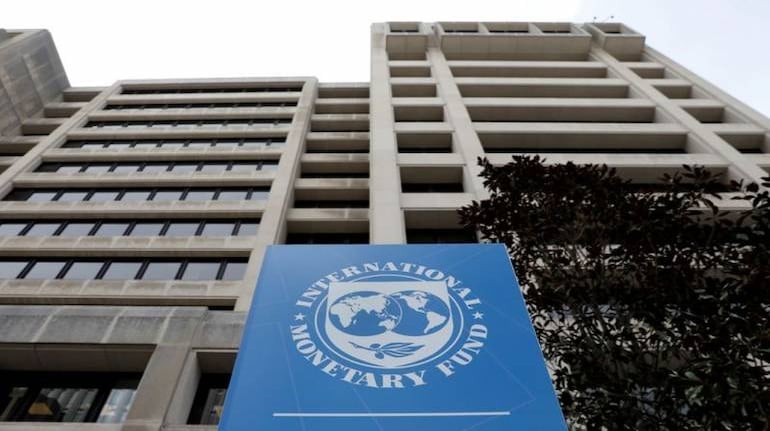



Global debt declined by 10 percentage points of the world's GDP for the second year running in 2022 to $235 trillion, according to the International Monetary Fund (IMF). However, despite the decline, the world's debt remains 9 percentage points above what it was in 2019 and $200 billion higher than in 2021.
According to the IMF, total global debt in 2022 stood at 238 percent of the world's GDP, down from 248 percent in 2021 but higher than 229 percent in 2019.
"The fall in the last two years – which reversed about two-thirds of the 2020 surge in debt – is mainly explained by the rebound in economic activity, after a sharp contraction in the early stages of the pandemic, and massive inflation surprises," the IMF noted on September 13 at the launch of the latest update to its Global Debt Database.
Global debt had jumped to 258 percent of world GDP in 2020.
 Source: International Monetary Fund
Source: International Monetary Fund
The decline in global debt in 2022 was driven by the private segment, which reduced by 6.4 percentage points to 146 percent of GDP.
"In many countries, especially in advanced economies and emerging markets excluding China, private debt is now below their pre-pandemic levels," the IMF noted.
On the other hand, public debt only eased by 3.6 percentage points to 92 percent of GDP last year. In 2021, the decline in public debt had been larger.
The IMF warned that recent history seemed to suggest that once debt surges, it rarely retreats to previous levels.
"After three years of the 'rollercoaster', global debt is likely to rise again over the medium term, under business-as-usual. The macroeconomic conditions that provided great relief to debt ratios in 2021-2022 will not last," it cautioned, arguing that the rebound of real GDP growth is fading.
In July, the IMF had raised its global growth forecast for 2023 by 20 basis points to 3 percent, although it said interest rate hikes by central banks to fight inflation continued to weigh on economic activity.
The IMF's warning comes amid rising calls to resolve debt distress among poor and vulnerable middle-income countries - a subject that was one of the key themes of India's G20 Presidency.
The IMF said it is crucial that low-income developing countries improve their capacity to collect additional tax revenues.
"For those with unsustainable debt, a comprehensive approach that encompasses fiscal discipline as well as debt restructuring under the Group of Twenty Common Framework – the multilateral mechanism for forgiving and restructuring sovereign debt – when applicable is also needed," it added.
Discover the latest Business News, Sensex, and Nifty updates. Obtain Personal Finance insights, tax queries, and expert opinions on Moneycontrol or download the Moneycontrol App to stay updated!